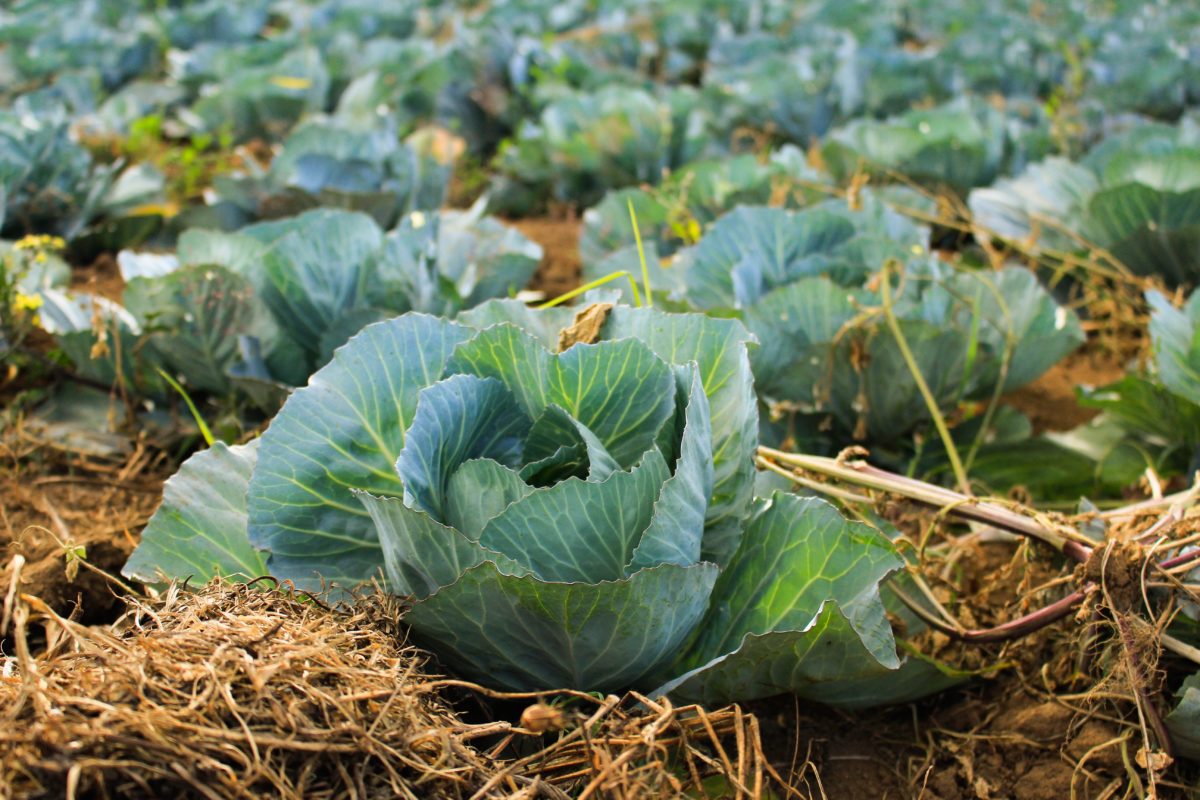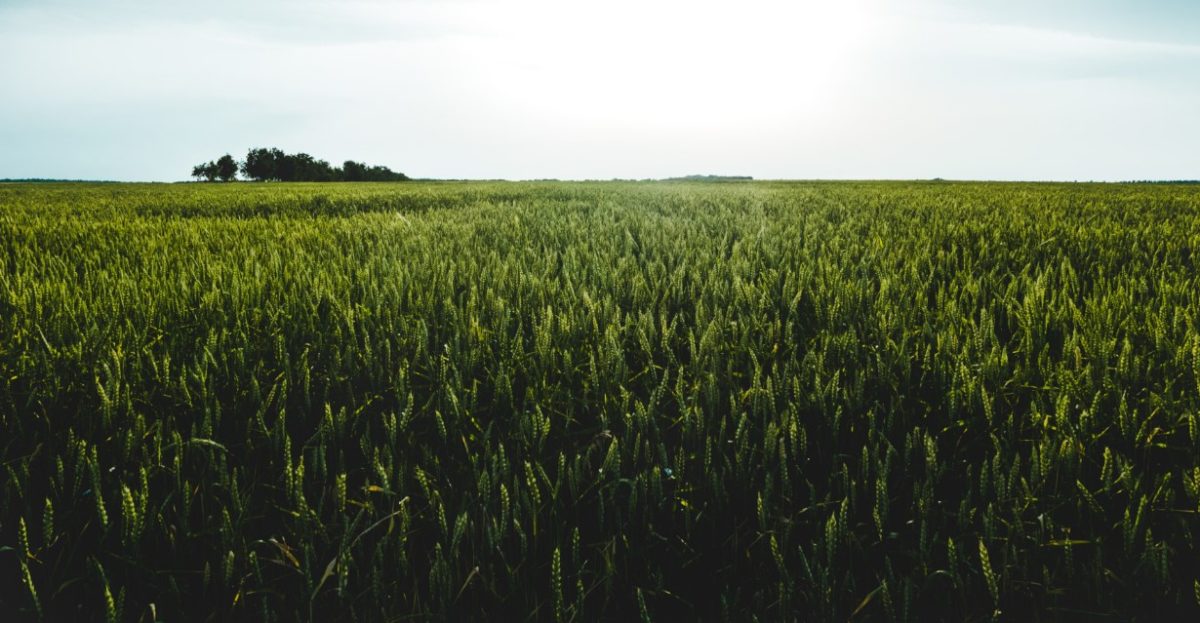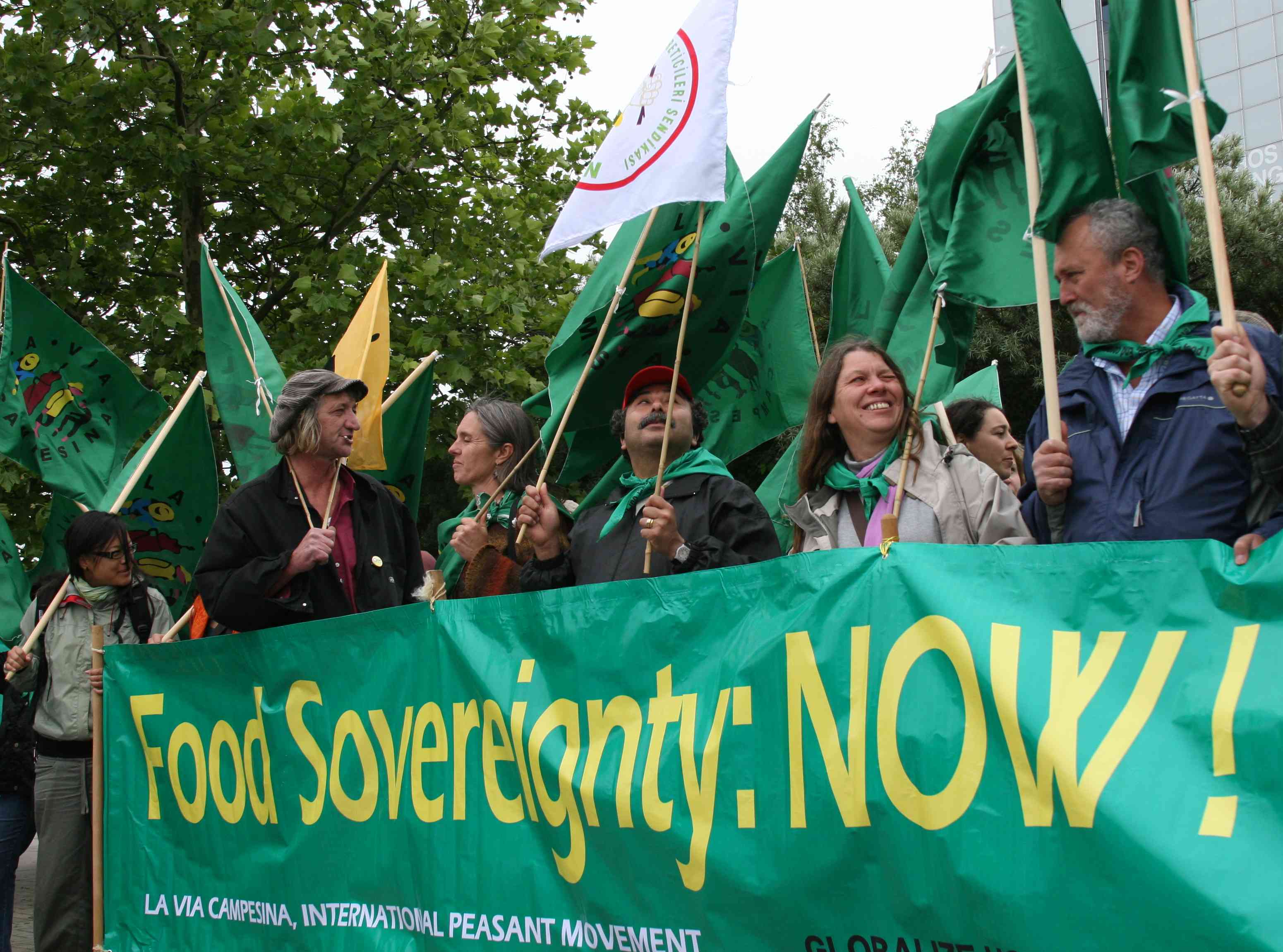“There’s still seedlings to be planted, winter storm waste to rid and tractors to be repaired, but those caring for the land at Story Hill Farm in Dunbarton are prepared to see both crops and business prosper come springtime.
At the 56.8 acre farm, 14 refugee farmers tend to their own plot of land, which are equally divided into sections. Through the Manchester-based nonprofit Organization for Refugee and Immigrant Success, refugees are able to farm their own crops and keep 100 percent of proceeds.”
…. “Refugee farmers of Somali Bantu, Rwandan, Burundi, Congolese and Bhutanese backgrounds have plots of farmland on Story Hill Road in Dunbarton.
The growers provide about 40 different crops that are consumed mostly by American customers and 20 different crops consumed mostly by members of the refugee community. Shopping the produce, customers will find zucchini, cucumber and arugula, as well as other vegetables native to the refugee’s home country.”
A Cooperative Farm for Refugees Joins the New Nonprofit Economy







